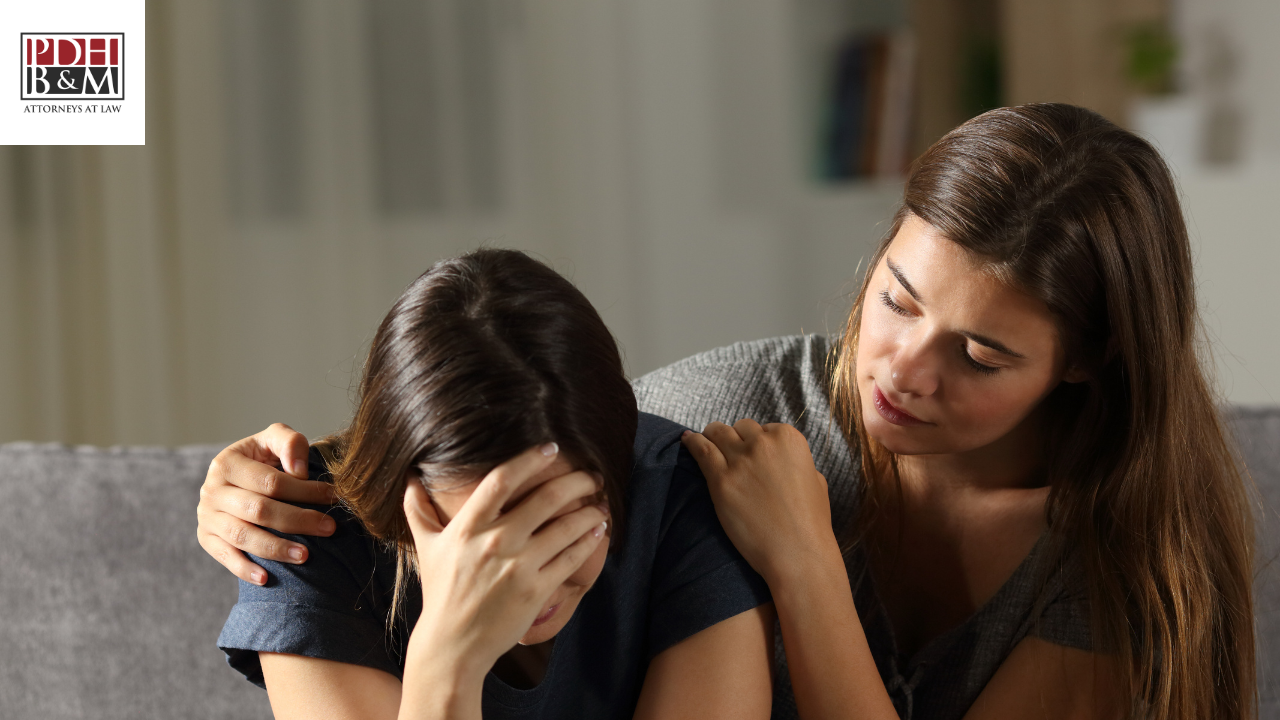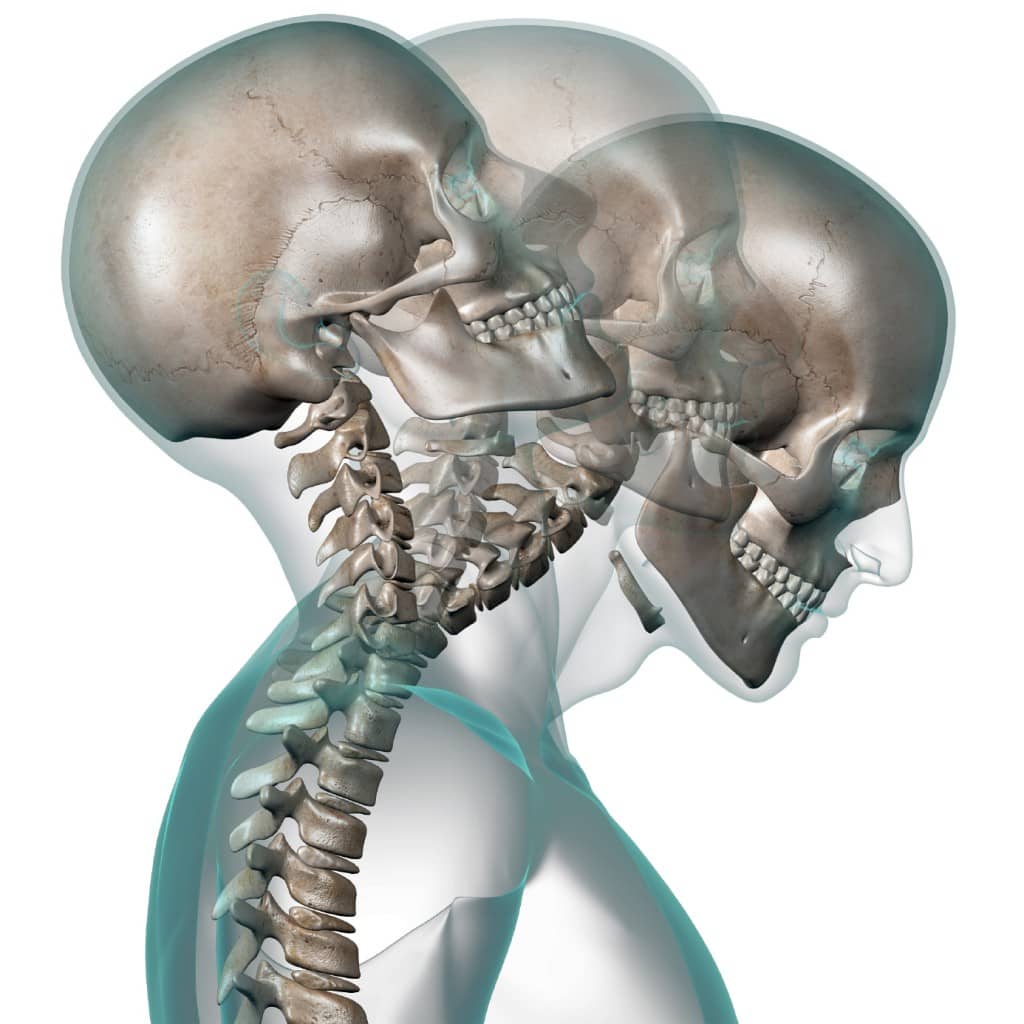The Best Evidence to Have for a Personal Injury Claim
Personal injuries are something we’d all like to avoid, but they are unfortunately all too common. They happen on the road in car crashes, at work because of faulty equipment or conditions, at home because of defective products, and at so many other places for so many more reasons. According to the latest data from the Centers for Disease Control and Prevention, there were 68.2 million visits to doctors’ offices because of injuries in 2013, and 39.4 million visits to emergency departments. When a personal injury happens to you, a child or a loved one, it can be easy to get caught up in the stress of the moment and want to remove yourself from the situation immediately so you can start recovering. If you don’t take the time to gather evidence at the scene and from involved parties, though, you could sustain medical injuries that cost thousands of dollars over a lifetime. There may even be an unfortunate wrongful death case that stemmed from an incident that started with an injury. In Alabama, victims generally have two years to file a personal injury claim, due to the statute of limitations. Being as thoroughly prepared as possible immediately after an injury happens makes you more protected. If a personal injury occurs, make sure you obtain these items, because you may file a personal injury claim that becomes stronger with evidence.
A Police Report
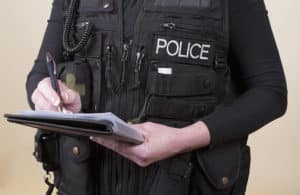
If you instinctively feel that an accident you were a part of warrants police involvement, don’t hesitate to call 911. The most obvious case where police should come to the scene is a car accident. These types of cases may not only involve injuries and vehicle damage sustained by you and other motorists, but they may also require traffic control. Additionally, you don’t want to run the risk of any offending parties fleeing the scene. Police who are called to an accident location can also help you gather witness information. They’ll put their observations and interviews into a police report, which is a valuable item to have in personal injury claim. There are other traumatic events where you may consider notifying emergency services. A dog bite attack at a community park, for example, may warrant a call. Again, if you’re in an accident that you want to be documented by police, call them.
Accident Report
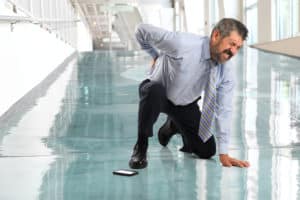
If you are in an accident while at work or in a public venue, such as in a slip and fall case because there was water on the ground and it wasn’t clearly marked, request that you get an accident report filled out for the case. Like a police report, your employer or the business owner will document what happened and actions that happened afterward.Accident reports are important, because if you don’t collect one but decide to file a claim later, the people who were at the scene may have left that business or claim they have no recollection of anything happening. A report is your proof that an accident has occurred.
Damaged Physical Items
- Vehicle or bicycle in a road accident
- Broken stairs or other apparatus
- Damaged and dangerous property, such as an unmended fence or overhanging branch
- Bloodied clothing or a dented helmet
- A broken product or machinery
Photos, Videos and Records of Injuries
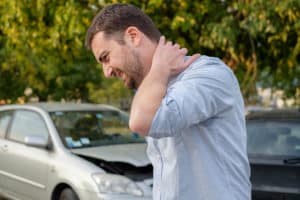
Your body and other people’s bodies may start the healing process right away after an injury, so it’s important to be quick in getting photographic or video evidence of injuries sustained in accidents. Matted hair, blood and cuts, bruising and any other type of injury should be photographed at the scene if possible. You should also keep all medical records for injury treatment, as well as keep a daily journal about how you’re feeling. Take subsequent photos of injuries to document their progression. What another party might say was a minor accident that barely caused a bruise may actually cause painful injuries that last for months on your end.
Evidence of the Scene of the Accident
It’s crucial to take photos of the overall scene of the accident, as well as other details. Besides physical objects and body parts that have been affected, other things to document at the scene with photos include:
- Road, sidewalk or floor conditions
- Surrounding objects, such as machinery or traffic lights
- Anything that looks odd or out of place, such as stains or dents
Depending on when you file a claim, your memory of the accident conditions may start to fade. Having photographic evidence that is taken from a variety of angles as soon as possible after an accident helps you to remember the details more vividly. Additionally, you may revisit the scene of the accident to capture details you might have initially missed.
Witness Testimony
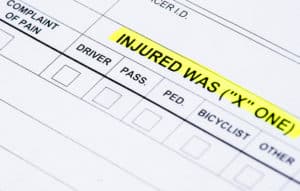
If there are any bystanders at the time you experience an accident, you must try to talk with them and get their contact information. Ask them to stay at the scene if you have emergency services coming, but at the very least, ask for their name, phone number, email address and physical address. Point out potential witnesses to police when they arrive. Witnesses can be key assets in everything from car accidents, to physical attacks, to injuries sustained on the job.Your own testimony will play an integral role in any claim you file, as well. Be honest and as detailed as you can with police. After the accident, make sure to write down your own full, detailed account of what happened. Do this with another witness present, and make sure you both sign and date the document. This is another item that can help boost your testimony in the future and allow you to focus on recovery.
Your Evidence Can Make or Break Your Claim
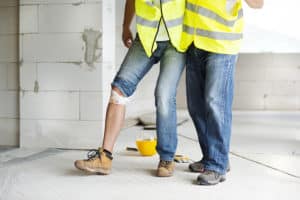
Accidents that cause personal injury are expected to be scary and stressful. You deserve to heal, but part of that healing involves the protection of your finances and your peace of mind. Taking the time to be diligent at the scene is a wise way to protect you in the future.If the injuries you have experienced make it difficult to collect evidence on your own, ask whomever you’re with for help. If you are not with someone you personally know and trust, request assistance from police or from someone else at the scene if possible. If you believe your personal injury was caused by the negligence of another party, consult with a personal injury attorney in Birmingham to learn your rights.




